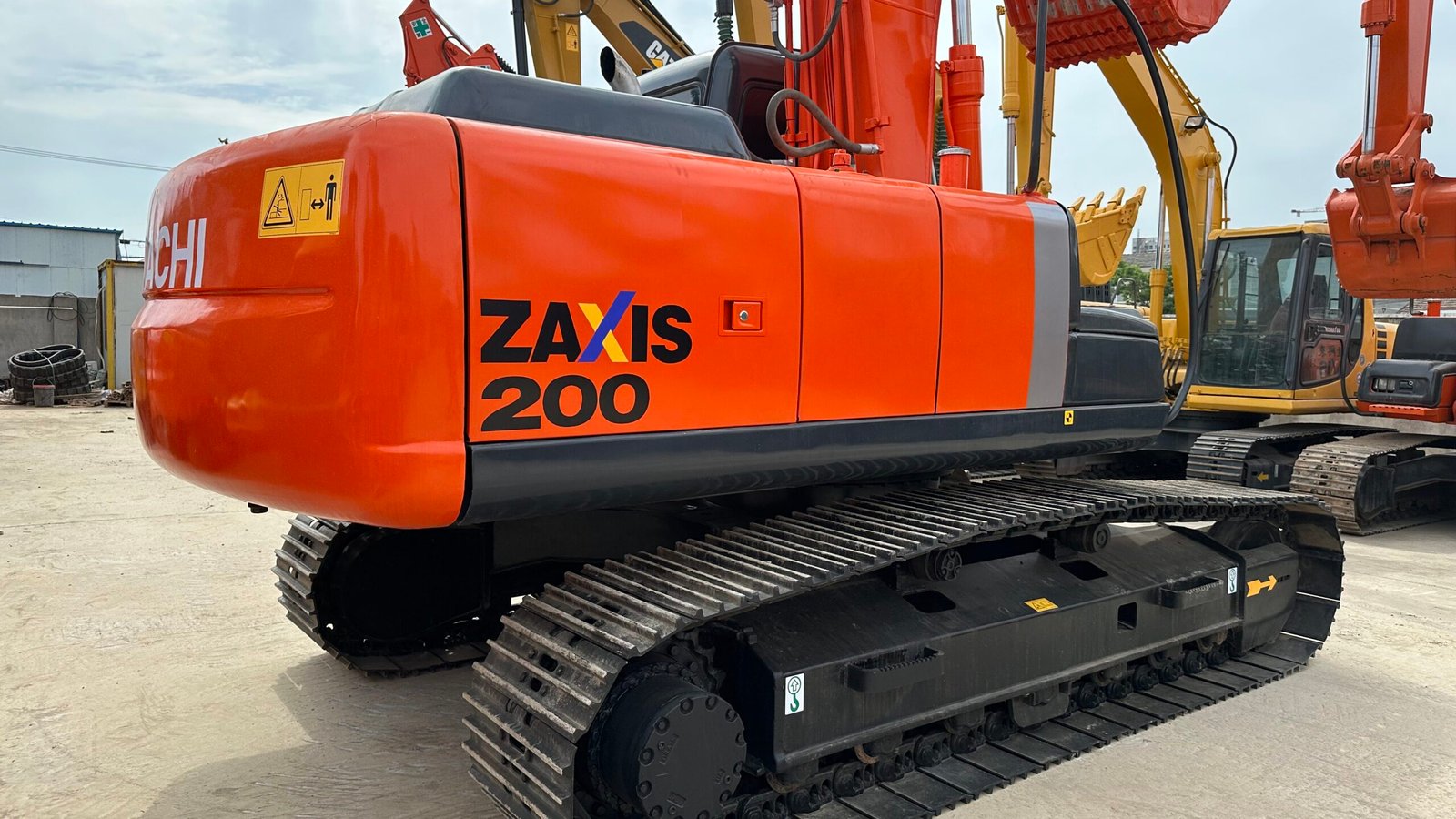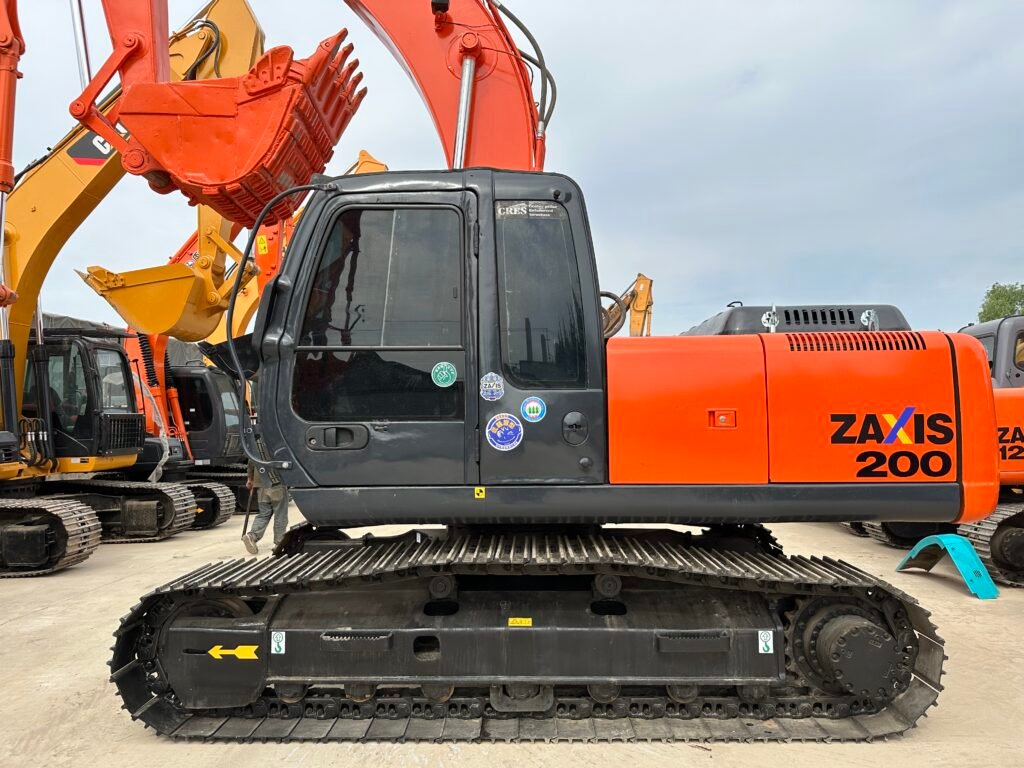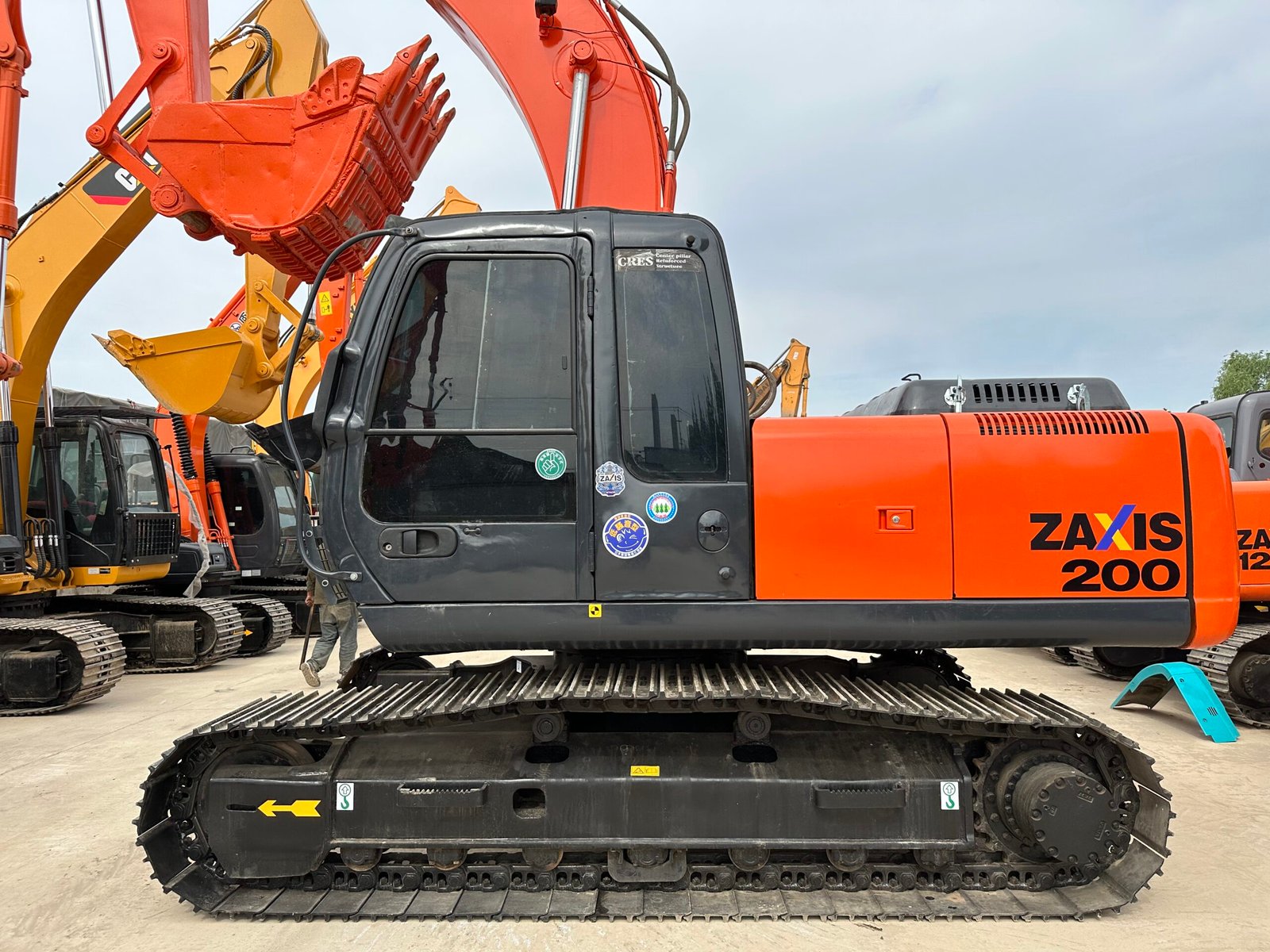I. Introduction
- What is transportation and cargo insurance?
- Transportation and cargo insurance is a type of insurance purchased to protect goods that may suffer loss or damage during transit.
- Why is this insurance particularly needed when exporting excavators?
- Exporting excavators involves high-value and complex equipment, which carries a higher risk, and insurance provides additional security.
II. Risk Assessment
A. Risks During Transportation
- What potential risks do excavators face during transportation?
- Risks include damage, theft, collision, natural disasters, etc.
B. Potential Financial Losses
- What financial losses might a business face without insurance?
- Repair costs, replacement equipment procurement costs, income loss due to delays, etc.

III. Benefits of Insurance
A. Financial Protection
- How does insurance provide financial protection?
- In the event of an accident, the insurance company will cover the corresponding losses, reducing the financial burden on the business.
B. Enhancing Customer Trust
- How does purchasing insurance enhance customer trust?
- It demonstrates the business’s commitment to product safety and reliability, increasing customer confidence in their purchases.
IV. Choosing the Right Type of Insurance
A. Cargo Transportation Insurance
- What does cargo transportation insurance cover?
- This section introduces the types of losses and damages typically covered by cargo transportation insurance.
B. Choosing Between Full Coverage and Partial Coverage
- How should businesses choose between full coverage and partial coverage?
- Businesses should select the appropriate type of insurance based on equipment value, transportation method, and risk assessment.
V. Conclusion
- Summarize the importance of transportation and cargo insurance for exporting excavators.
- Emphasize the role of insurance in reducing risks, protecting finances, and enhancing customer trust.
- What recommendations are there for businesses?
- Businesses should assess risks and purchase appropriate insurance before exporting to ensure adequate protection during transportation.



